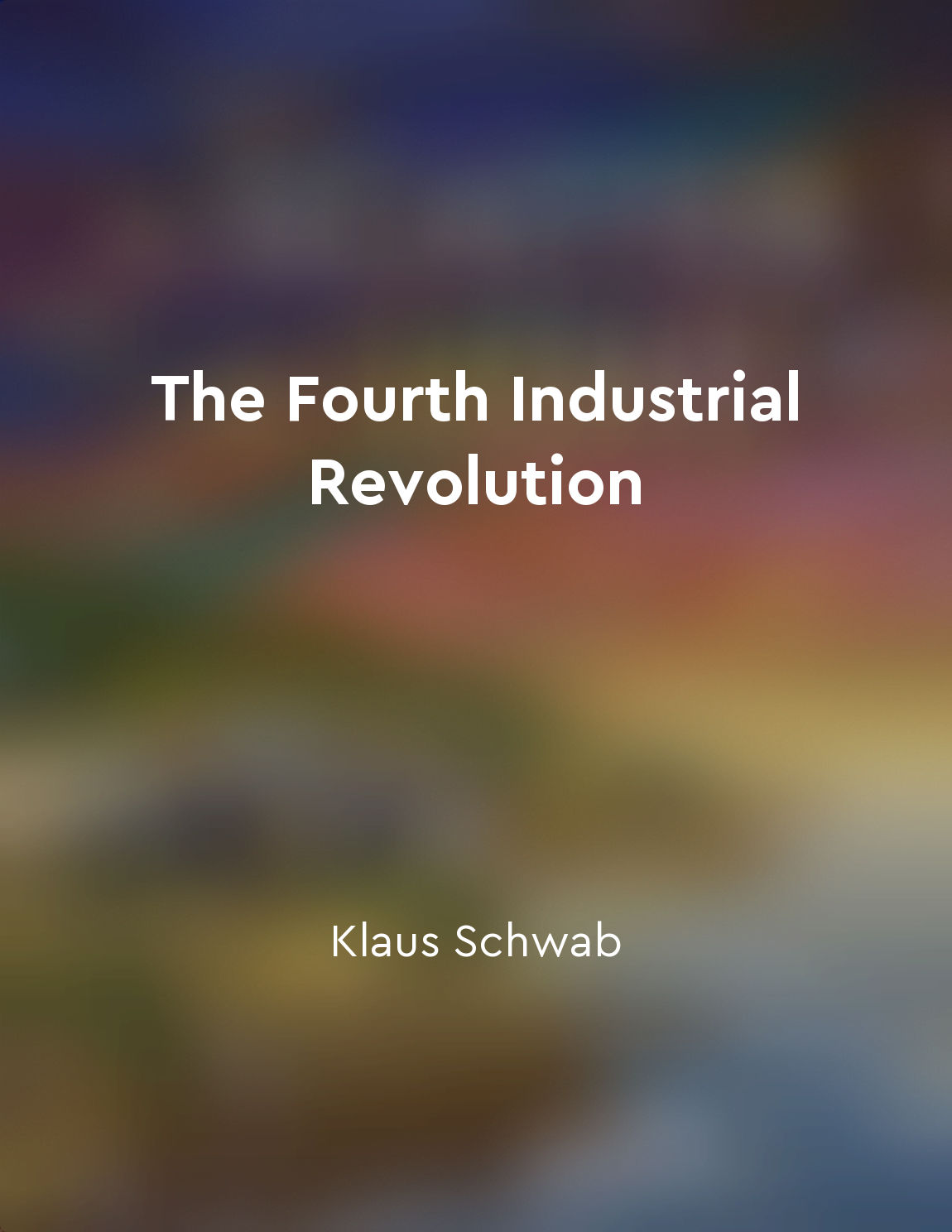A more sustainable economic model is needed to ensure a fair distribution of wealth from "summary" of Who Owns the Future? by Jaron Lanier
In order to achieve a fair distribution of wealth, we must shift towards a more sustainable economic model. The current system is flawed, as it allows for the concentration of wealth in the hands of a few while leaving the majority struggling to make ends meet. This imbalance not only leads to social unrest but also hinders overall economic growth. Sustainability is key to ensuring that wealth is distributed more equitably. By creating a system that values the contributions of all individuals, we can work towards a more just society. This means recognizing the importance of every person's data and ensuring that they are fairly compensated for the value they provide. In the digital age, data has become a valuable commodity that is often exploited by big tech companies. These companies profit off of the data generated by users without adequately compensating them. This has led to a situation where a small number of individuals amass enormous wealth while the rest are left behind. To address this issue, we need to rethink how we value data and ensure that those who generate it are fairly rewarded. This could involve implementing a system where individuals are compensated for the data they produce, leading to a more equitable distribution of wealth. By valuing the contributions of all individuals, we can create a more sustainable economic model that benefits society as a whole.- A more sustainable economic model is necessary to ensure a fair distribution of wealth. By recognizing the value of every individual's data and compensating them accordingly, we can work towards a more just society where everyone has the opportunity to thrive. It is time to rethink our current economic system and strive towards a more equitable future.
Similar Posts
Facilitating access to markets for local products
To improve the economic well-being of rural communities, it is crucial to create opportunities for local products to reach a wi...
Balance work and life
Balancing work and life is not about simply dividing your time equally between the two. It is about integrating your work and p...

Connectivity and interoperability are key enablers of the Fourth Industrial Revolution
The Fourth Industrial Revolution is characterized by the fusion of technologies that blurs the lines between the physical, digi...
Renewable energy is crucial
The transition to renewable energy sources is not only desirable but also essential for our future. The burning of fossil fuels...
Natural language processing enables computers to understand human language
Natural language processing (NLP) is a branch of artificial intelligence that focuses on enabling computers to understand, inte...
Screen time is valuable
In our modern digital age, screen time has become an integral part of our daily lives. Many people view it as a waste of time, ...


